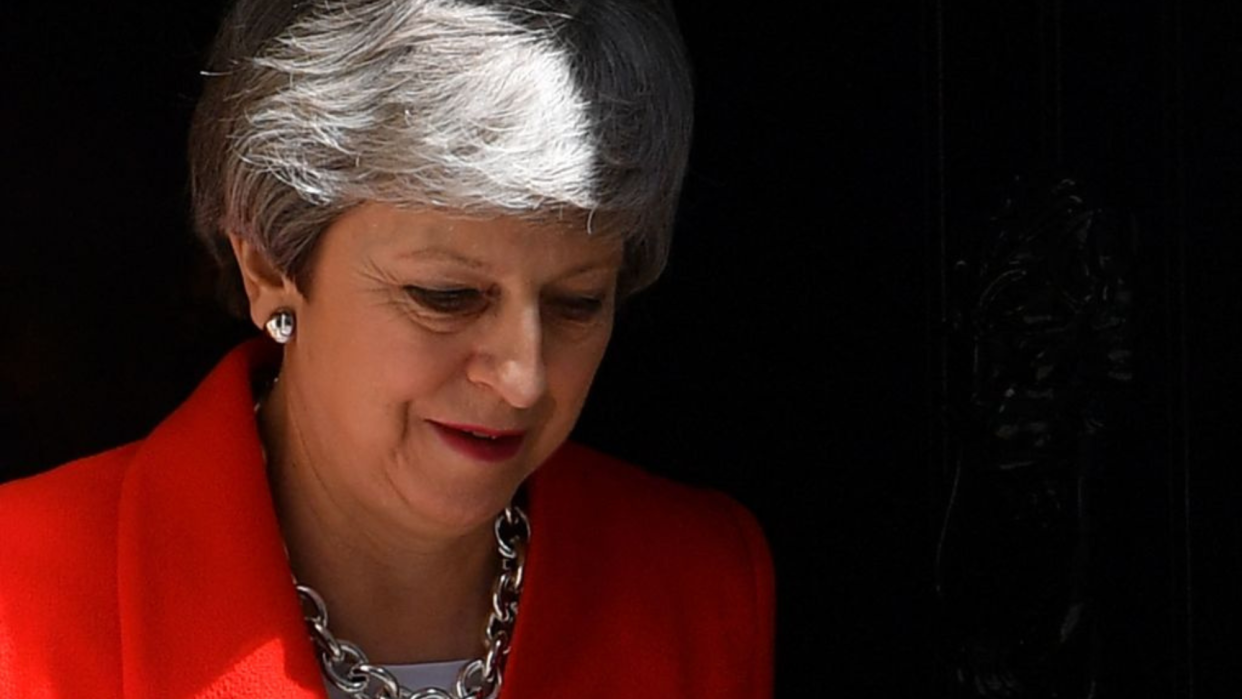Farewell to Theresa May: a PM consumed by Brexit

- Oops!Something went wrong.Please try again later.
Even when Theresa May was in office, she seemed of the past, said Robert Colvile in The Sunday Times: the cricket-loving vicar's daughter who'd met her husband at a Tory disco. And after leaving No. 10, there were no "moneygrubbing entanglements" for this former PM. It was typical of May, that when she revealed last week that she will stand down as an MP at the next election (along with at least 60 other Tories), it was to her local paper in Maidenhead; and the tributes that followed made much of her dedication to public service. Yet to recall May as "a Malory Towers head girl" who somehow ended up in No. 10 is to miss "so much about" this most "inscrutable" of politicians.
A changed party
That May is now being lauded for her virtue and moderation merely reflects how far her party has moved since then, said John Oxley on UnHerd – because in office, she was "no centrist darling". As home secretary, she launched the "hostile environment" policy, with its "Go Home" vans. On arrival in Downing Street she promised to tackle "burning injustices", as part of her efforts to set herself apart from her predecessors, but she bungled her goals. She threw away the Tories' majority with her failed 2017 election gambit, setting the stage for years of Brexit deadlock; and she exacerbated post-Brexit divisions, with her talk about "citizens of nowhere".
A clear sense of duty
May set a good example by serving her constituents for five years after being forced from office, said Charles Moore in The Daily Telegraph – unlike David Cameron and Boris Johnson, who resigned, making it look as if they'd only been MPs for what they could get from it. But she was a bad PM: mistrustful, closed, controlling, uninspiring. It is regrettable that she was ever elected leader, in the political chaos that followed the Brexit result. Although she was a Remainer, she had "astutely sat out the referendum dance", and was thus able to scoop up votes from both sides; but instead of pushing for a real Brexit, she then sought an unsustainable compromise.
Actually, her soft Brexit reflected the will of the people "as expressed in the narrow vote to leave the EU", said The Independent. But she found herself trapped between hard Brexiteers and Remainers seeking to force a second referendum. Consumed by Brexit, she left office with few achievements, save for the work she did to tackle modern slavery, and the setting of Britain's net-zero target. But she will be remembered as a hard-working MP, with a clear sense of duty. With cynicism about politicians growing, we need more like her – in office, and perhaps even, in "less tumultuous times", in Downing Street.

